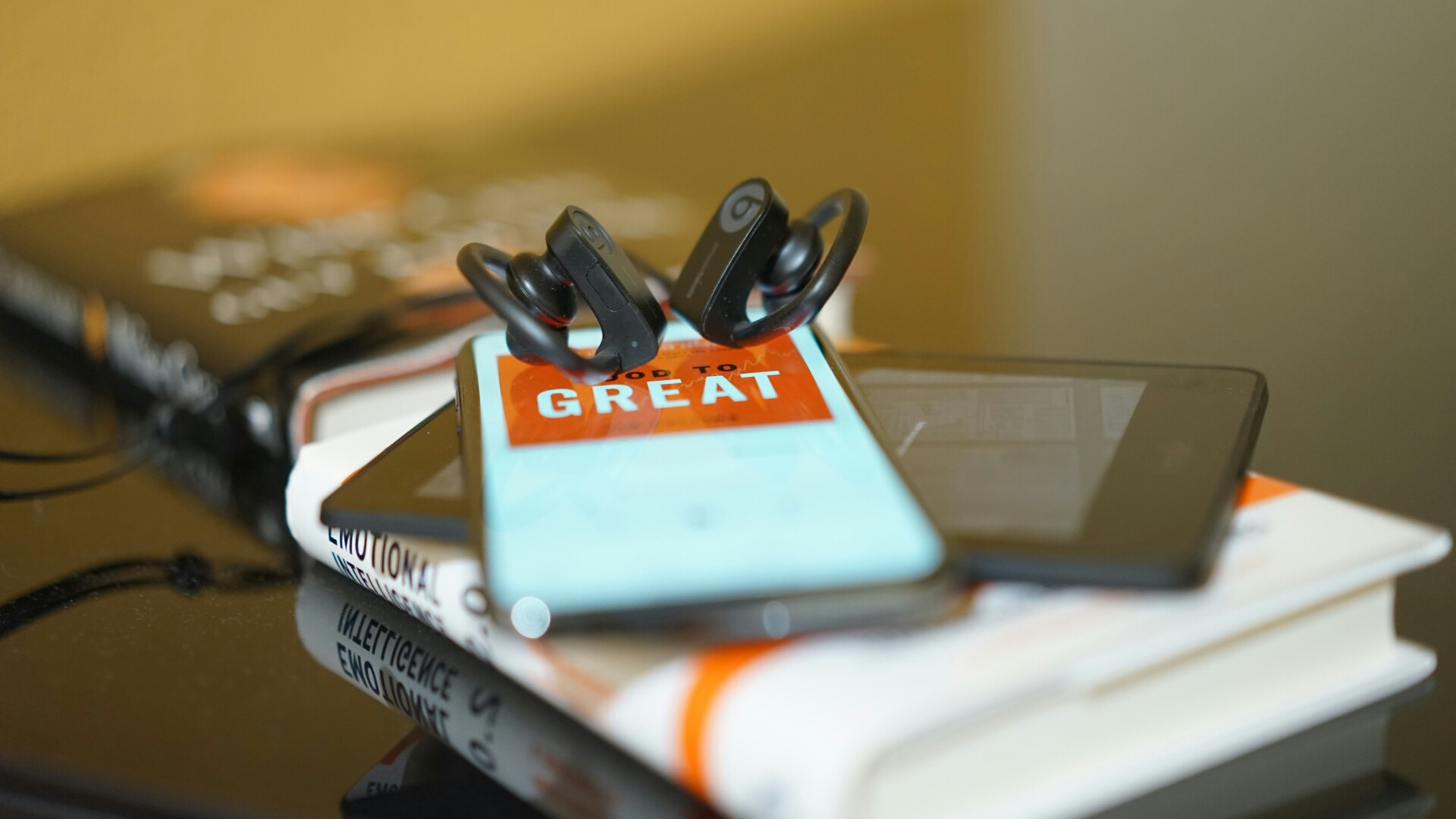You’re in front of the mic and ready to speak, sing, perform a dialog, when the recording sign is turned on and the sound engineer says, “Wait, I’m already getting some mouth noise.”
Really? How is that possible? I haven’t said anything yet!
Dry mouth, or xerostomia (not to be confused with a disease from the planet Xeros), manifests itself with pops, clicks, hoarseness, and an overall sticky feeling inside of your mouth. Causes of dry mouth can be anything from a lack of saliva to disease or infection, medicines or medical treatments, tobacco use, alcohol consumption, or dehydration from sickness. Stress and anxiety can also contribute to dry mouth, so if you have more than a few butterflies at performance time, your symptoms could be heightened.
While post production can work miracles in removing mouth noises from recordings, it’s certainly better to eliminate or reduce the snap, crackle, pops, and bubbles from the source.
General suggestions for on the spot fixes are as simple as chewing on sugar-free gum (not while recording!) or drinking plenty of room temperature water to help keep your mouth moist.
Take a break between sets and give your teeth and tongue a thorough brushing with a flouride toothpaste. I encourage a flouride toothpaste even if the water in your living area is flouridated. After eating, sugars and starches remain in your mouth and on your teeth. Bacteria likes to snack on these sugars and starches, releasing acid in the process. A flouride toothpaste can protect your teeth from this acid and make your tooth enamel stronger. You want to have a nice, bright smile when delivering your lines.
Check your pharmacy for an effective oral rinse, (i.e., Biotene and Act both have an oral rinse for dry mouth.) Remember to read the listed ingredients for mouthwashes and don’t use any that contain alcohol.
Get in the habit of breathing through your nose instead of your mouth. Not only can this help with keeping saliva in your mouth, you’ll have less breath noise to edit out of performance files.
If your living or working environment tends to be dry, perhaps using a humidifier will help.
And once again, limit caffeine and avoid tobacco.
Be conscious of your diet. Do you notice increased mouth noise after eating certain foods, candies, or drinks? You may have food sensitivities that are affecting saliva production thus increasing your dry mouth/mouth noise. With chronic mouth noise it is often worth isolating and eliminating certain foods or food groups for a short period (three to four weeks) to see if you or the director or sound engineer notice any differences.
Natural remedies abound. Cinnamon, ginger, black pepper, and cayenne pepper are just a few of the spices touted for helping with dry mouth, when mixed with water, honey, vinegar, lemon, or other juices. I personally find that adding cayenne pepper to a glass of water with a few drops of lemon juice does the trick. If you find that drinking this mixture is too difficult, simply sprinkle cayenne on some healthy vegetables.
Granny Smith apples get the green light on helping with mouth noise. With a tart taste, these green slices not only contribute to balancing the smacking sounds, but many medical studies have shown cardiovascular, as well as anti-asthma benefits.
Pineapple, with its high level of acid, and grapefruit, with its hefty water content is another advantageous fix to mouth noise. Cut in chunks, they package easily and can simply be added to your survival bag that accompanies you to the studio.
One of my colleagues swears by olive oil or canola oil to help alleviate mouth noise. A teaspoon swished around in the mouth and he says he’s ready to ride, or speak, sing, okay, vocally perform, as the case may be.
Just be prepared for the occasional click, smack, or pop and have your personal collection of remedies handy! Happy Voicing!
Angela Castonguay is a successful voice-over artist, coach, and author, whose book Feeding Your Voice provides an essential guide to voice care. For more of her work, visit her website angelacastonguay.homestead.com.





